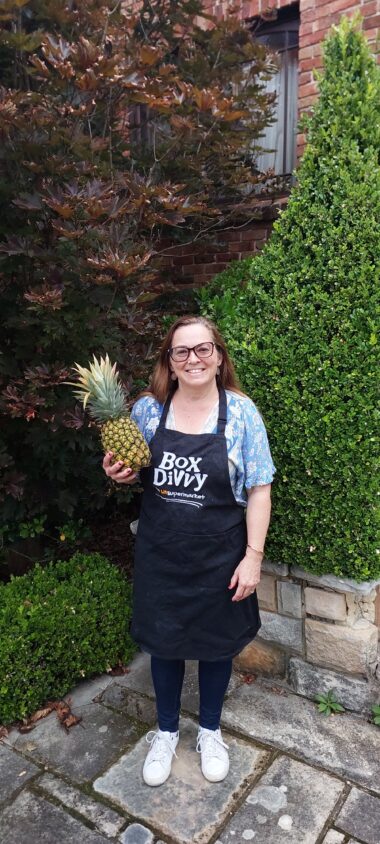Hidden Wars is the first published book-length study of sexual and gender-based violence (SGBV) in three contemporary conflict-affected settings in Asia, along with a comparison of the findings.
Burma (Myanmar), Sri Lanka and The Philippines have experienced some of the world’s most protracted civil conflicts. When countries deny they are in conflict or are in a post-conflict affected state, as with the countries above, they do not acknowledge or address conflict-related SGBV.
The book is based on in-country interviews and a dataset, which coded 5496 reports of SGBV from 1998 to 2016 in Burma, Sri Lanka and The Philippines, allowing identification of who reports SGBV, who is reported as a perpetrator and who is reported as the target of violence.
The reports found that women are three times more likely to suffer and report SGBV, but children appear to be at as much risk as adults.
Professor Jacqui True, Director of The ARC Centre of Excellence for the Elimination of Violence Against Women (CEVAW), and co-author of Hidden Wars, said: “The lack of research on SGBV in contexts where we do not think it is happening maintains cultures of silence and impunity.”
Many factors contribute to the issue:
• The focus on recognised high-intensity conflicts in the UN Security Council and thresholds for the number of conflict-related SGBV cases in existing datasets has limited the attention paid to SGBV in low-intensity conflicts, which includes the violence that occurs in displacement from conflict and continues after conflict.
• Women’s and girls’ severe lack of access to social and economic resources in conflictaffected and displacement situations impacts their vulnerability to violence.
• High levels of gender discrimination in societies increase the risk of SGBV being used to silence and intimidate women, men, girls and boys.
• There are limited, or no formal institutions to report to or justice processes to appeal to in low-intensity conflict contexts.
The research found that SGBV in conflict areas may be largely unreported even when governments have the institutional capacity to respond to this violence.
“Our book finds that conflict-related sexual and gender-based violence is not counted when there are no institutions or safe pathways for victim-survivors to report violence. Furthermore, even with these pathways in place, reporting to state institutions, the media, or international organizations comes with significant risk for first responders and local service providers”, said Professor Sara Davies, Deputy Director of CEVAW and co-author of Hidden Wars.
The upshot of this finding is that scholars tend to underestimate conflict-related SGBV in Asia’s civil conflicts, and states can fly under the radar when it comes to creating institutions that will count, respond to and redress this violence.
Local civil society organisations and international organisations, must carefully balance the need to raise awareness and report this violence with the political and social repercussions of doing so.
These combined circumstances may contribute to the lack of political and institutional will to address conflict-related sexual and gender-based violence, and the consequence for victim-survivors and their communities is that violence remains – paradoxically – known but hidden.
“The risk of stigma and retribution for survivors and their families determines patterns of reporting, as does the risk of retribution and violence against the first responders. How to create safe conditions for reporting is vital for future research and what we are committed to investigating in CEVAW”, said Prof Davies.
Hidden Wars finds that reporting does not reflect actual violence. Therefore, we should be mindful of the lamppost-key metaphor, analysing data from reports where the lamp-post is shining rather than investigating the contexts where the violence is occurring – where the keys are – but is not getting reported.
“We need to look for silences and gaps and not interpret them as absence, but rather ask those with local knowledge about the political conditions for reporting”, said Prof. True.
- ENDS -
For further information:
Noelle Steele, Communications and Public Relations
CEVAW
Email: [email protected]
Phone: 0427 151 527


